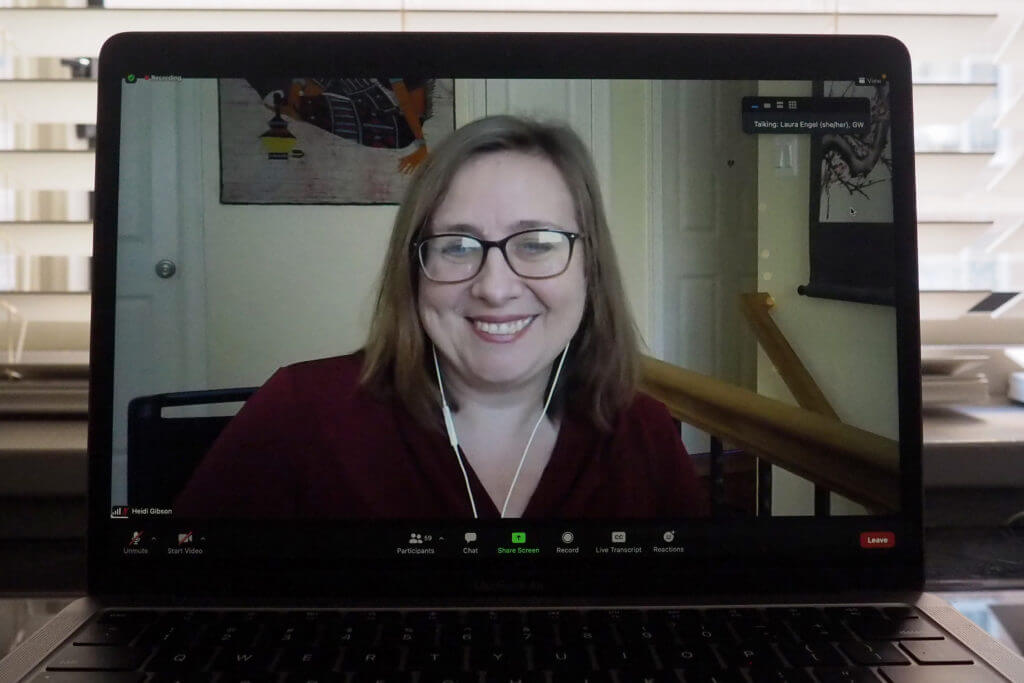The GW Hatchet wrote an article called, "Smithsonian expert discusses education on sustainability, UN goals," about the webinar hosted by the GW UNESCO Chair in International Education for Development and the Smithsonian Science Education Center. The webinar was moderated by Dr. Laura Engel and featured GSEHD alumna Heidi Gibson (master's, International Education).
Alumna Heidi Gibson, a science curriculum developer at the Smithsonian Science Education Center, spoke about education and its role in solving the climate crisis, the United Nations’ goals for sustainable development and the dangers of climate change to the world at large.
Per the article:
Gibson said teachers should start building sustainability and environmental science curricula around the UN’s Sustainable Development Goals – a series of 17 goals that world leaders established in 2015 to make the world more equitable and sustainable by 2030. She said the goals can be used as a tool to frame problems that the world faces and how to solve them.
Gibson said teaching children sustainability is a “collaborative process” requiring input from educators, scientists and government officials to form a complete and accurate curriculum.
“As important as science is, it can not solve all the world’s problems by itself,” she said. “As important as social sciences, it cannot solve all the world’s problems by itself – we need many lenses and many tools in order to unpack the complexity of these problems.”
...
“In order to be sustainable change makers we need to start thinking, not only how does my action affect me, but how does it connect to these broader systems,” she said. “So thinking about, say, washing your hands – not only knowing that you should wash your hands, because it’ll keep you healthy, but because it can keep other people around you healthy.”


